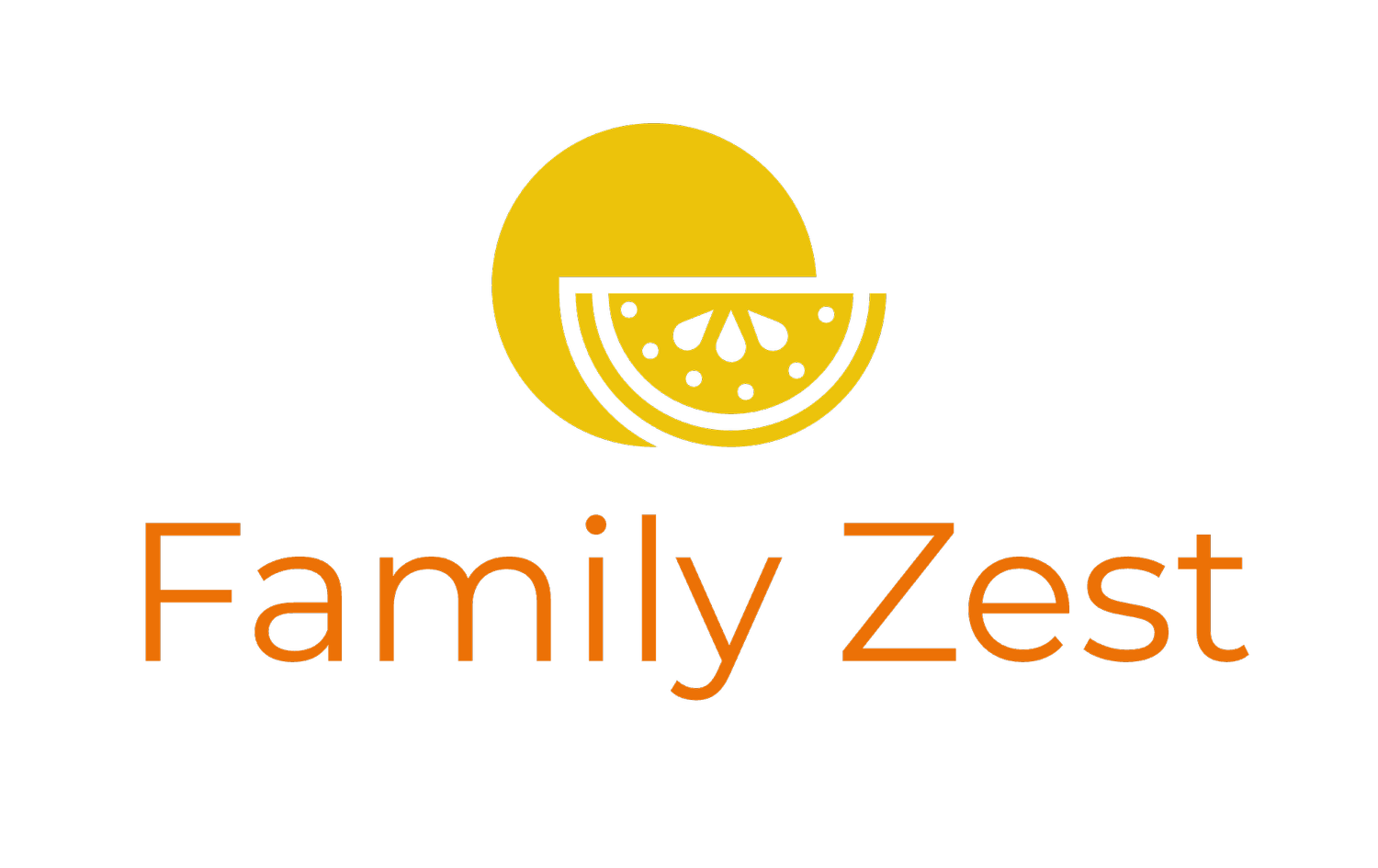When you’re all out of juice…Pause and refuel.
Sometimes our best bet for catching our breath is finding a tiny slice of what we can handle in the middle of the mess.
So your daily rhythm can look less like a bootcamp slog...
Anxiety and frustration are catchy. So is co-regulation.
What could it be like to mix the inevitable stuck spots, with a handful of tiny delights and places to catch your breath?
Granted, the calmer moments may come most reliably when kids are asleep...but learning to soak up the pauses is just one part of a recipe for resilience.
If you've been around here for awhile, you know my mantra: Regulate, Relate, Reason
The physiology, sociology, and logic of the brain science of behavior are how I approach the BIG work of parenthood.
Our needs and our kids' are bumping into each other constantly. Antics and off-track behaviors will persist as we fumble through family life.
It is absolutely, unequivocally, shamelessly human to get frustrated.
And we will stay persistently frustrated with other people's behavior as long as our goal is to change or control how they show up.
But that doesn't mean we give up or give in. That would be passive parenting, and it's a recipe for having our boundaries trampled—because the limits of passive parenting are not clear or sturdy—which doesn't work for anyone involved.
Instead, responding intentionally and developing awareness of our non-negotiable, non-punitive power is essential to protecting our own needs without trampling all over theirs.
The order is important in how we respond to tiffs and tangles. It's how we stay sane(er).
First, we REGULATE.
A dysregulated adult cannot calm a dysregulated child. They will borrow regulation from you. If you or they aren't regulated, it's not a teachable moment (yet).
Notice what's happening in your body. Where are you holding tension? When did you last have some water? Are you gritting your teeth? Let out an intentional sigh. Rotate your shoulders down your back. Tip your chin up. Scan the room. Breathe in through your nose...and release a long exhale out.
Now you're in your body. What do you need? What does your child need? In that order.
Often it's much more effective to give BIG energy an outlet, rather than trying to shut it down. How might movement, fuel (food/water/attention), or a different environment change the momentum, even briefly?
Next, we RELATE.
Practice noticing what you need. So you can teach your kids to do the same.
As we begin to recognize our own patterns, we develop self-compassion. This is how we start to unshame our own needs, practice asking for help, and learn that others can meet us when we're down. And celebrate with us when we're up! We then hold our needs as valid and honor our boundaries without banking on guilt or punishment to make our point.
When we reflect back that they are not a bad kid, but a good kid who's struggling—they learn not to abandon themselves in the midst of big emotions.
This is a Varsity-level, lifelong practice. We can relate to the overwhelm, anxiety, shame, and regret that arises in them. We are not playing Win vs. Lose. We're on their team.
When we are regulated (enough) and reconnected (a bit more), we can REASON.
We can recognize where things got off-track, name the part we played—or what we wish we'd done differently—and collaborate on a plan for next steps or next time.
If your child is available for collaboration...
listen to their side of the story without interrupting
swap requests for what would help you each feel better
create a code word to warn each other next time, before things get intense (then practice using it, playfully and reliably—it becomes a thread of connection before it becomes a reliable tool for intervening)
And if they're not open to talking about an upset that has occurred...
Write or draw a picture to signal that the storm has passed
Set a timer for a 2 min chat; tell them what you'll do next time
Remind them: I know your are good and were having a hard time.
The options for collaboration, flexibility, honesty, and problem-solving begin to multiply when we are calm, engaged, and truly curious about what happened. And what's happening between us.
When our body gets the message that we are not in danger of being hurt, scared, or punished—our brain can think more clearly. When we feel connected and accepted, we are able to be vulnerable and offer repair.
Kids are smart. So are you. And when you're both available at the same time, amazing, heart-warming things can happen!

